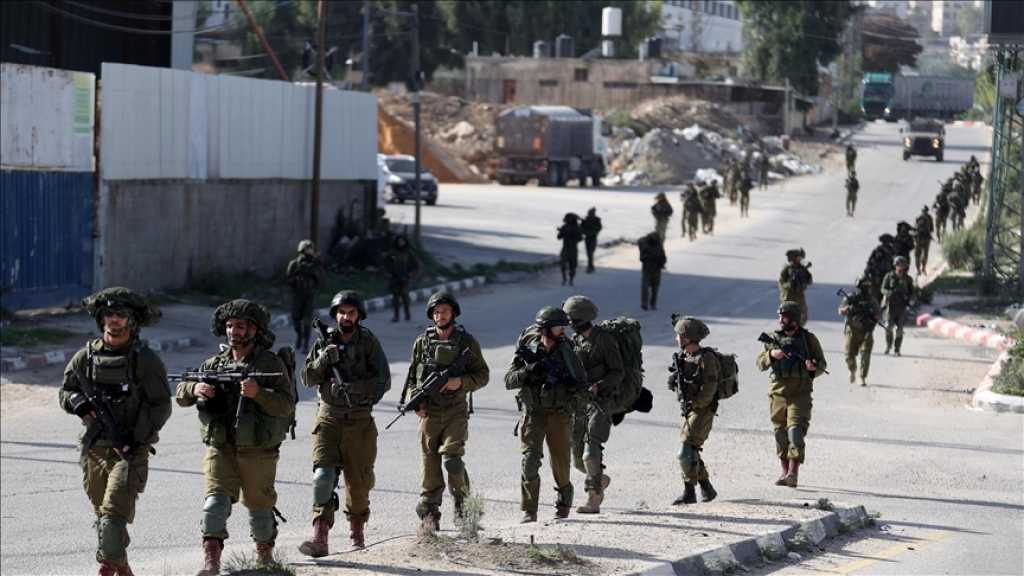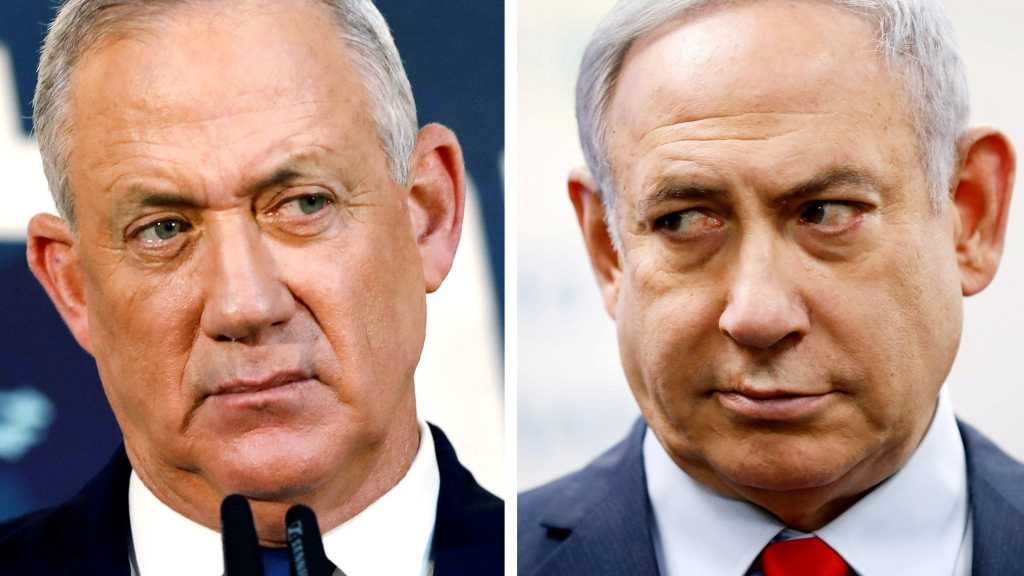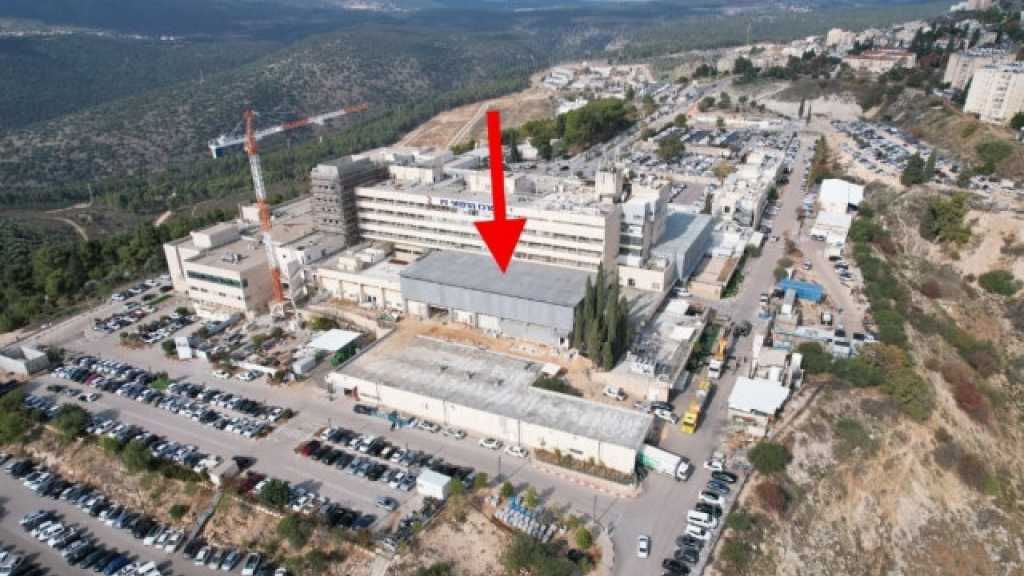
Egypt shaken by Olmert’s Shalit Demand

‘Israeli' Prime Minister Ehud Olmert's declaration on Saturday that there would be no cease-fire agreement without the release of captured ‘Israeli' soldier Gilad Shalit stymied negotiations that had practically been completed, an Egyptian source told The Jerusalem Post on Monday.
"Everything else was settled. A deal was close to being announced," a source close to the Egyptian-brokered negotiations between Hamas and ‘Israel' said. "In view of the difficulty of the [Shalit] issue, it will complicate the expected deal on the [cease-fire] agreement."
Olmert's declaration about Shalit came as somewhat of a surprise to the Egyptians, who had been working steadily to broker a long-term truce between the two sides, the source said, and came after a weekend of speculation in the media over an imminent truce deal.
A spokesman for the Egyptian Foreign Ministry declined to comment on Egypt's reaction to ‘Israel's' demand concerning Shalit, saying that he did not want to interfere with the "delicate, ongoing process" of negotiations. "I would rather wait until we see how the negotiations shape up," said spokesman Hossam Zaki. He did say, however, that he expected the cease-fire agreement to take longer than previously thought.
On Wednesday, Olmert intends to bring before the cabinet for its approval a demand that conditions a cease-fire deal on the release of Shalit. Olmert updated Egyptian President Hosni Mubarak on his position and stressed that ‘Israel' would not agree to a different arrangement for a cease-fire deal.
Earlier Olmert stressed that he had informed Mubarak of his view after ‘Israeli' War Minister Ehud Barak assumed the opposite position with Egyptian mediators. Olmert believes that if the cabinet decides to accept his precondition that any cease-fire in the Gaza Strip be contingent upon Shalit's release, then Barak will be unable to strike a different deal with the Egyptians.
"We will bring our own proposal for a framework [deal]," sources close to Olmert said on Monday. "If the defense [war] minister or anyone else has a different proposal, let them bring it and we will see if it will be approved."
The ‘Israeli' prime minister and his aides were upset by the behavior of Barak, who had granted interviews to the media days prior to the election, declaring that a resolution of the Shalit case was close at hand. Barak had warned that for this to happen, difficult decisions must be made.
During a visit in southern occupied territories on Monday, Olmert made a statement which targeted Barak. "I have insisted from day one that there will be no cease-fire before Shalit is release," Olmert said. "I did not speak of this in public, and I asked in every possible way: Do not talk about Gilad Shalit in public. Contrary to other people, I thought that it should not be talked about." "Every day I witnessed dramatic appearances of individuals on television talking about the need for decisions. I thought that it was appropriate for whoever carrying the supreme responsibility in the State of ‘Israel' to tell the public the truth," he added.
Olmert also said that he had called the Egyptian president to clarify ‘Israel's' stance on Shalit's release. The prime minister hinted that Barak had given Egypt mixed messages. "I spoke with the highest officials in Egypt so that there will be no misunderstanding," Olmert said. "I said that we will not reopen the border crossings [in the Gaza Strip] and assist Hamas so long as Gilad Shalit is in their brutal prison. When Gilad is home, we will be ready to discuss other matters."
Mubarak said on Monday that his country would continue the mediation efforts between the two sides despite setbacks. "The release of ‘Israeli' soldier Gilad Shalit is a separate issue and cannot be linked to the truce," Mubarak said while meeting in Bahrain with the country's leader, Sheikh Hamad bin Isa al-Khalifa.
Meanwhile, the deputy head of the Hamas politburo in Damascus, Mousa Abu Marzouk, said on Monday that the final outcome of the cease-fire talks would become clear in two or three more days. He said that if ‘Israel' wanted Shalit returned, it had to release Palestinian detainees to their homes, hinting that ‘Israel' had insisted on releasing them outside the Palestinian Authority.
Zvi Mazel, a former ‘Israeli' ambassador to Egypt who is now a research fellow at the Jerusalem Center for Public Affairs, suggested that Olmert's decision to make a truce conditional for Shalit is not necessarily bad for the Egyptians.
On one hand, he said, Egypt was eager to score points at home and abroad by successfully brokering a cease-fire agreement. But on the other, ‘Israel's' announcement concerning Shalit helps Egypt to maintain its tough stance vis-a-vis Hamas.
While Hamas wants Egypt to fully open its Rafah crossing with the Gaza Strip, Cairo has insisted that it would not do so without the acceptance and presence of the Palestinian Authority, as dictated by a 2005 agreement. Egypt is particularly concerned that an open border with Rafah would allow Hamas fighters to acquire training, support or equipment from Iran.
"Since the Egyptians have been negotiating with Hamas since the end of the war... they have not made any concessions to Hamas," noted Mazel, who served as ‘Israeli' ambassador to Egypt between 1996 and 2001. "They kept telling them, 'Listen, you have lost the war... and you cannot impose conditions'" on ‘Israel' or Egypt.
Egypt is trying to contain Hamas, in coordination with the PA and ‘Israel', as much as it can, while at the same time maintaining stability in the Gaza Strip, according to Mazel. As a result, he said, "if ‘Israel' becomes, at the last moment, tougher vis-a-vis Hamas and links Gilad Shalit to the agreement, it's not so bad for the Egyptians."



